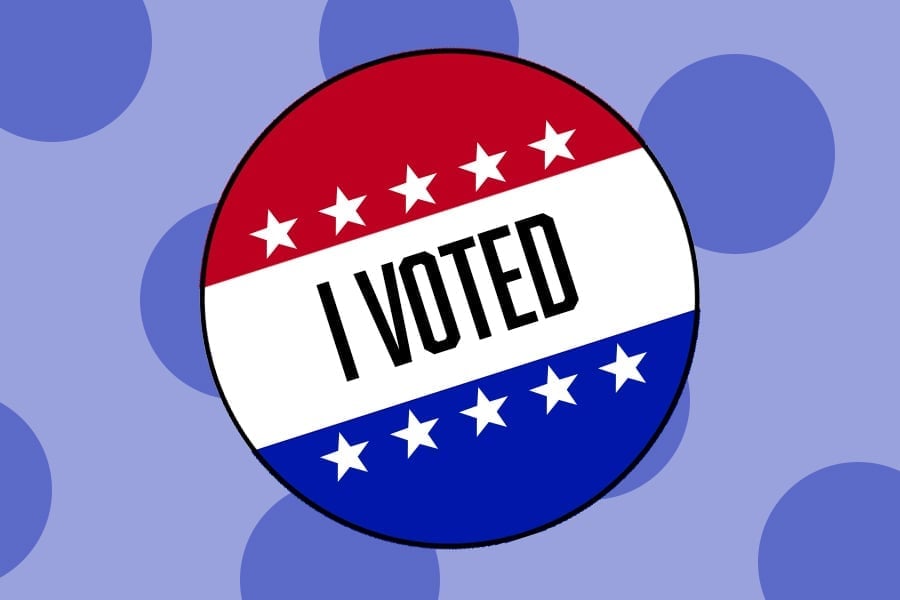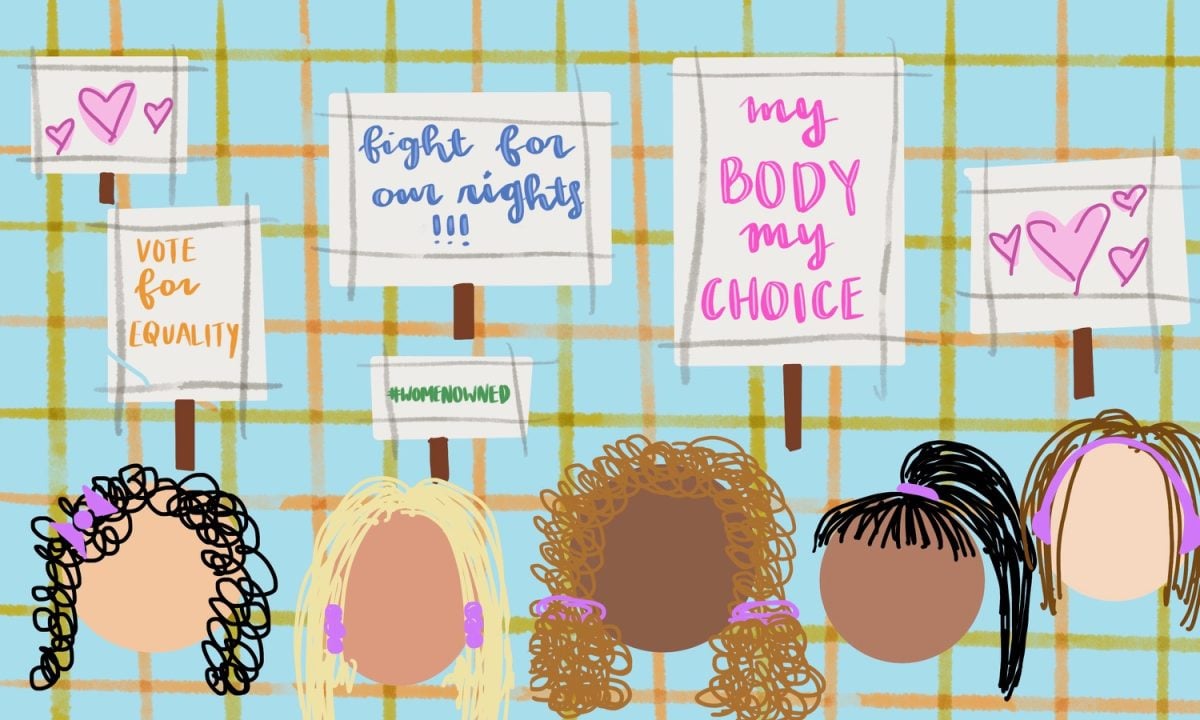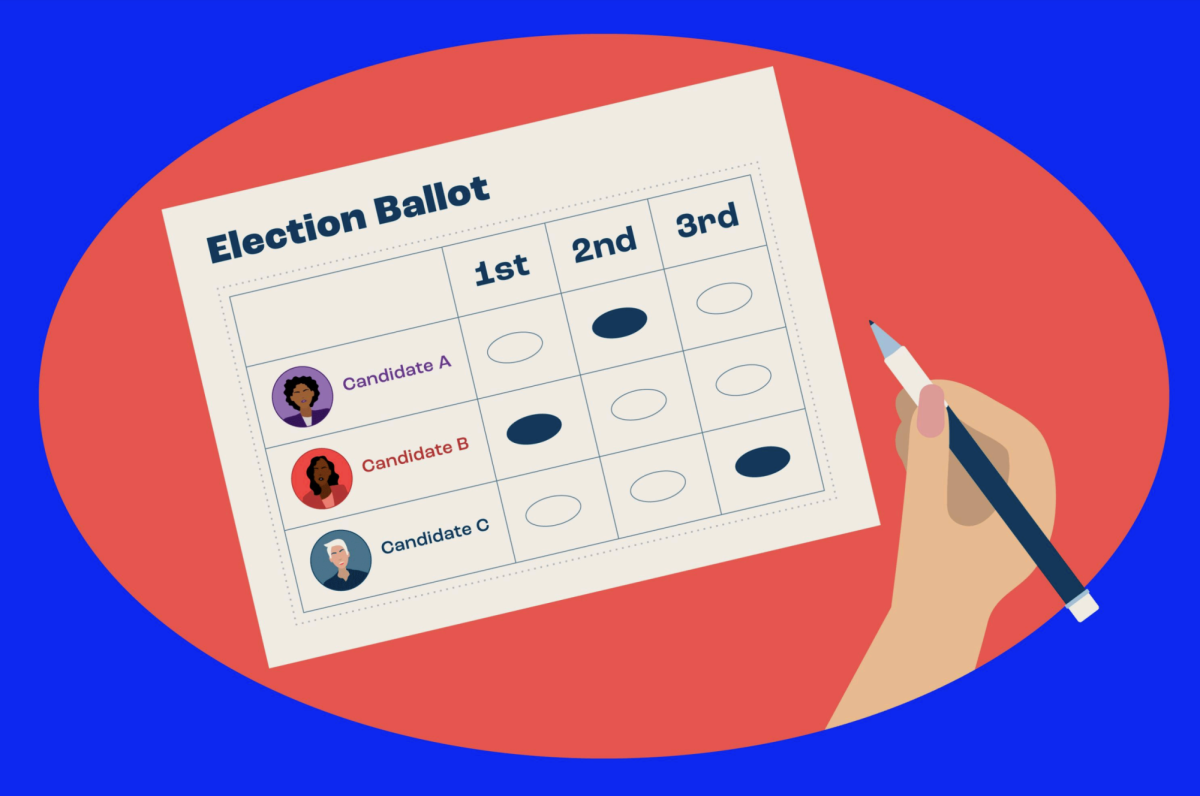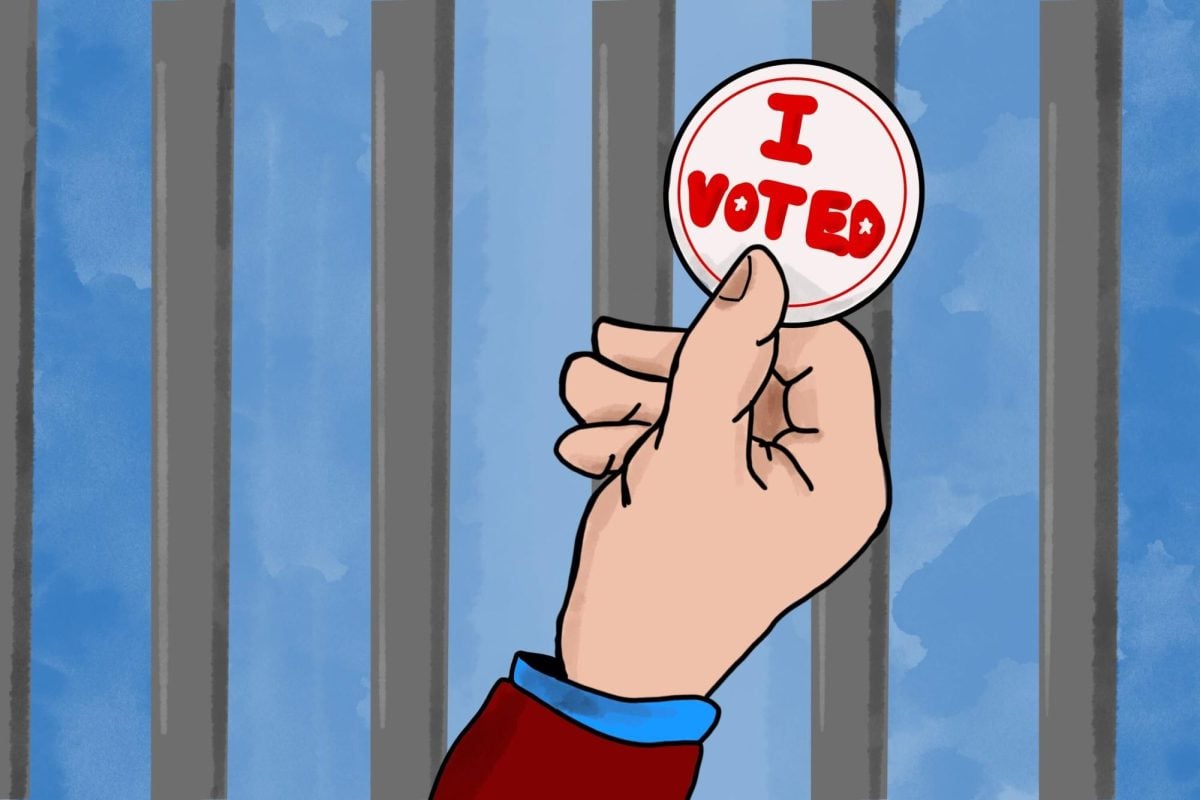An Illinois law prohibiting political parties from adding new state office candidates who didn’t run in the March primaries to general election ballots went into effect Friday.
The law, which Gov. J.B. Pritzker signed into law Thursday, is applicable in cases where no candidate won the party’s primary. Prior to Friday, potential candidates who obtained the required number of signatures for their office could petition to be on the ballot.
The law also adds three non-binding referendums to the November ballot.
One asks voters if health insurance plans that provide pregnancy benefits should also be required to cover vitro fertilization and other fertility treatments. Another asks if the state should have a 3% tax on income that exceeds $1 million for property tax relief. The third asks if there should be civil penalties for candidates that obstruct or attempt to obstruct an election worker’s duties.
The legislation originally started as a child welfare bill amending the Children and Family Services Act, but the Democrat-controlled state House changed the bill extensively on Wednesday to add these election reforms.
The ballot access amendment was introduced by state Rep. Jay Hoffman (D-Belleville) and passed in the House mainly along party lines. The amendment passed in the Senate on Thursday.
Pritzker said the bill would eliminate the role of “backroom deals” when choosing general election candidates. But House Minority Leader Tony McCombie (R-Savanna) said she didn’t understand why the Democrats wanted to pass the amendment “unless the goal is to stifle the democratic process” at a Wednesday press conference.
Any candidates who were already petitioning to be on the November ballot can still run as independents.
Email: mishaoberoi2027@u.northwestern.edu
Email: anaviprakash2027@u.northwestern.edu
X: @anavi_52
Related Stories:
— Evanston organizations work to increase voting



















